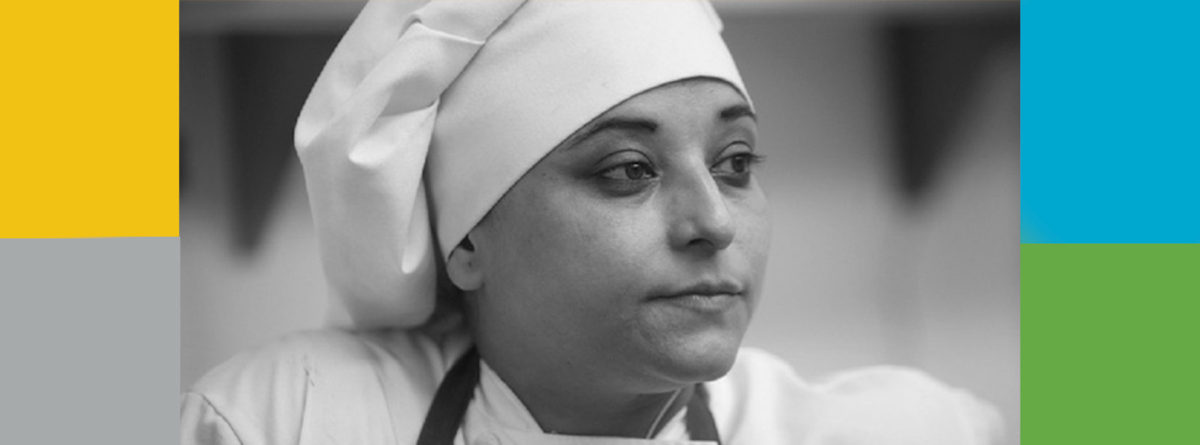“Better schools, and better health, and better homes, and better training, and better job opportunities.”
These were the chief weapons of President Lyndon B. Johnson’s War on Poverty announced 50 years ago, based on his belief that it was the government’s responsibility to help the disadvantaged and deprived.
His philosophy began the creation of programs like Head Start, Legal Services, and the Job Corps. Medicaid was established and poverty among seniors was significantly reduced by improvements in Social Security.
In a recent The Atlantic article, Barbara Ehrenreich explores the history of the War on Poverty in America and its backlash from conservative intellectuals and politicians, resulting in the criminalization of poverty. Fifty years later, she finds that:
“If anything, the criminalization of poverty has accelerated since the recession, with growing numbers of states drug testing applicants for temporary assistance, imposing steep fines for school truancy, and imprisoning people for debt.”
she writes:
“Most private-sector employers offer no sick days, and many will fire a person who misses a day of work, even to stay home with a sick child. A nonfunctioning car can also mean lost pay and sudden expenses. A broken headlight invites a ticket, plus a fine greater than the cost of a new headlight, and possible court costs. If a creditor decides to get nasty, a court summons may be issued, often leading to an arrest warrant. No amount of training in financial literacy can prepare someone for such exigencies—or make up for an income that is impossibly low to start with.”
She concludes that in some ways it’s more expensive to be poor than not, and urges us to revive President Johnson’s belief that it is the collective responsibility of the nation to lend a helping hand to the poorest among us, who are disproportionately women and especially women of color.

